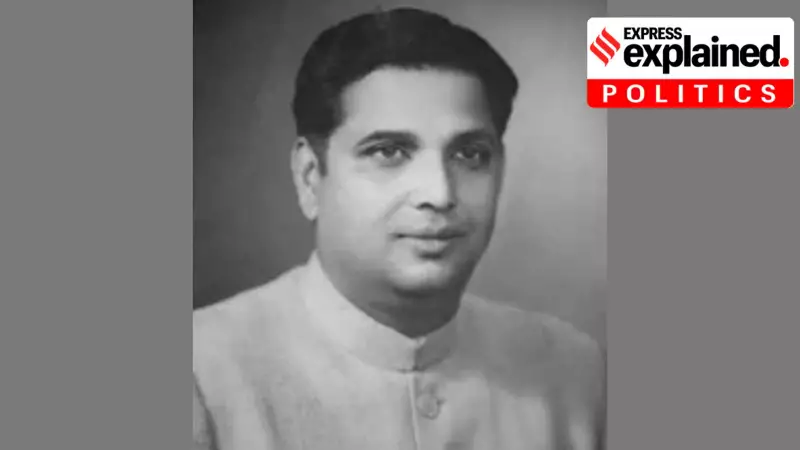
In a strategic move that's sending ripples across India's political landscape, Bihar Chief Minister Nitish Kumar has revived the ghost of Mandal politics through his government's groundbreaking caste-based survey. This isn't just another administrative exercise—it's a calculated political masterstroke that connects directly to BP Mandal's historic reservation movement that transformed Indian politics in the 1990s.
The Mandal Legacy Reborn
The recently released Bihar caste survey reveals staggering numbers: Extremely Backward Classes (EBCs) constitute 36.01% of the population, while Other Backward Classes (OBCs) make up 27.12%. Combined, these groups represent over 63% of Bihar's population—a demographic reality that could redefine power equations in Indian politics.
This strategic enumeration echoes the vision of Bindheshwari Prasad Mandal, the legendary socialist leader whose Mandal Commission report in 1980 advocated for 27% reservation for OBCs in government jobs and educational institutions. Though Mandal passed away before seeing his recommendations implemented, his legacy continues to shape political narratives decades later.
Nitish Kumar's Calculated Gambit
Chief Minister Nitish Kumar, often described as a modern-day inheritor of Mandal's political ideology, has positioned this survey as a tool for social justice and equitable development. The timing is crucial—coming just months before the 2024 Lok Sabha elections, this move potentially consolidates the massive OBC-EBC vote bank while putting opposition parties on the defensive.
The survey findings challenge several political assumptions:
- OBCs and EBCs together form nearly two-thirds of Bihar's population
- The actual numbers differ significantly from existing estimates
- This data could reshape reservation policies and welfare schemes
Political Earthquake in the Making
The Bihar caste survey has ignited a nationwide debate about social justice and representation. Opposition parties are now demanding similar exercises in other states, while the ruling BJP faces the challenge of responding to this new political arithmetic.
Political analysts see this as Nitish Kumar's boldest move since the implementation of the Mandal Commission recommendations in 1990, which triggered massive protests but ultimately changed India's political discourse forever. The current survey could have similar far-reaching consequences, potentially creating a new template for caste-based politics across India.
Why This Matters Beyond Bihar
The implications extend far beyond state boundaries. This development comes at a time when the Supreme Court is hearing challenges to the 103rd Constitutional Amendment, which provides 10% reservation for Economically Weaker Sections (EWS). The Bihar survey data adds crucial empirical evidence to these ongoing legal and political debates about social justice and representation.
As India heads toward general elections, the resurrection of Mandal politics through empirical data rather than mere rhetoric could mark a significant shift in how caste equations are leveraged in the battle for political supremacy.





